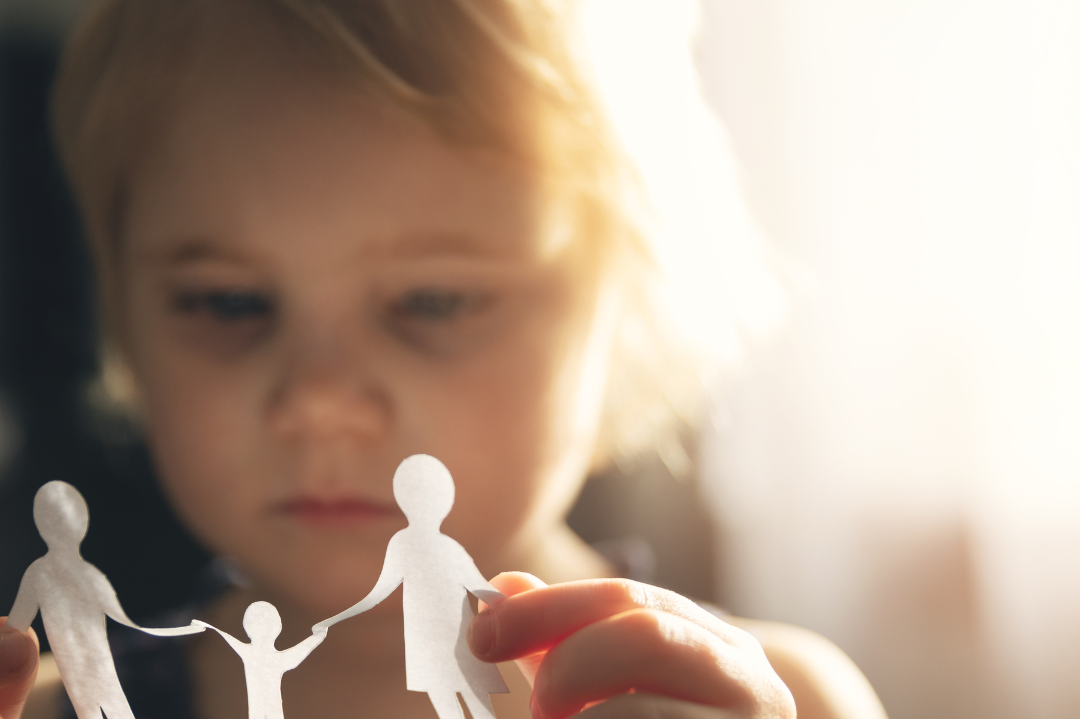Share This Story, Choose Your Platform!
The Mistreatment of Children in South Africa: What Are The Effects and How Can The Community Help?
It is the sad reality that in South Africa so many of our children are being abused, neglected and mistreated every single day. In 2016 it was reported that over 40% of young people (under 18’s) in our country had experienced some form of sexual abuse, physical abuse, emotional abuse, or neglect – now, in 2023, it is expected that this number will have risen even more than that. The effects of abuse and neglect on children are long-lasting and extremely damaging. It is important for everybody in South Africa to know and understand the effects of child abuse as well as the rights of a child in South Africa, by having this knowledge, it is easier for people to know when something is not right and when they need to report these injustices. It is also very important for people to know what to do and who to report to if they see that a child’s rights are being violated or that something isn’t right.
The Effects of Child Abuse and Neglect
The short and long-term effects of child abuse and neglect that be broken up into 7 main points. The effects of child abuse can differ based on the severity of the abuse, duration of the abuse, frequency of the abuse and the child’s situation and support system. One of the reasons it is so important to report abuse as soon as you see it is due to the fact that early identification and intervention will allow the child to be linked to services offering support which can help to lessen the negative impact that the abuse has on the child.
- Physical Effects of Child Abuse:
These can often be the more obvious signs/effects of physical and sexual abuse on children. These can range from bruises and burns all the way to broken bones and damage to the child’s internal organs. If these are not treated in a timeous manner, these injuries can often cause long-term health issues stretching all the way into adulthood. - Brain Development:
Long-term abuse during critical periods of brain development can actually have effects on how the brain develops structurally and functionally. Since our brain controls all sectors of our cognition and our emotions, effects can be seen on memory, stress responses, and emotional regulation in children and will stretch all the way into adulthood. - Cognitive and Academic Struggles: It is reported that many abused children have issues coping at school, especially in the fields of attention, memory, and concentration. This can lead to children dropping out of school and later not being able to get a good job in order to support themselves.
- Emotional and Psychological Effects:
Child abuse and neglect often times puts children at a greater risk of developing a mental illness like depression, anxiety or post-traumatic stress disorder. Another effect of abuse is that children grow up with feelings of low self-esteem, low self-worth, and which then creates social developmental issues as well. - Social and Interpersonal Struggles:
As mentioned above, low self-confidence and self-worth as a result of abuse often makes it extremely difficult for abuse survivors to make and keep meaningful relationships in their lives. This is also down to the fact that a huge effect of childhood abuse and neglect creates a sense of mistrust in other people and the world around them which further hinders meaningful, healthy relationships in abuse survivors. Sexual abuse survivors in particular may find intimacy very difficult. Many abuse survivors find creating and sticking to boundaries very difficult and can often be found to have attachment issues and show signs of insecure or avoidant attachment styles to future partners. - Behaviour Issues:
Due to the trauma’s that they have experienced, children who have been abused will often act in ways that aren’t deemed appropriate. This may look like a child being very aggressive, very impulsive or withdrawing and isolating completely. It is also common to see children who have been abused acting in ways that are not age appropriate when it comes to sexual promiscuity (talking about and knowing about things that are above their expected sexual knowledge, touching other children inappropriately or explaining sex in graphic detail to other children). Another behavioural effect that is often seen is that of unhealthy coping mechanisms like drug and alcohol abuse, self- harm, self-destructive behaviour or suicide attempts. - Increased risk of future victimization:
One of the lesser known side effects of abuse is the increased risk of future victimization for abuse survivors – this means that survivors of abuse are often more likely to experience abuse again later on in life due to the fact that that is what they were used to as a child and it appears normal to them.
As you can see, there is a long list of adverse effects in every area of a child’s life that abuse and neglect has on children, many of which will affect them long into adulthood.
The Rights of The Child in South Africa
Now that we have looked at the effects of abuse and neglect on children, it is important to know and understand the rights that children have in South Africa – by understanding child rights in South Africa, we can collectively keep an eye out on the children in our lives and out in public and know when their rights are being violated.
Section 28 of the Bill of Rights is dedicated to child rights in South Africa and lists that every child in South Africa has the right to the following:
- A name and a nationality from birth;
- Parental or family care, or appropriate alternative care where a child is removed from the family
- Basic nutrition, shelter, basic health care services and social services
- Protection against maltreatment, neglect, abuse or degradation
- Be protected from exploitative labour practices
- To not be required or permitted to perform work or provide services that:
- Are inappropriate for the age of the child
- Place the child’s well-being, education, physical or mental health, spiritual, moral or social development at risk
- Not be detained except as a measure of last resort (if a child is detained, section 12 and 35 provides further rights of the child in this scenario)Knowing and understanding the rights of children in South Africa will help individuals know the basics of what a child has right to in South Africa and how we can better protect the children in our lives. Children in our country are being abused and have their rights violated every day. It is so important that we as adults take responsibility for these children and be aware of what is going on around us.How Can The People Of South Africa Help?It is an unfortunate fact that in South Africa, everybody knows that these things are happening, but choose to turn a blind eye to these issues for a variety of reasons – it could be that people are scared to report child abuse or neglect in fear of what will happen to them or fear of being wrong about the abuse, people do not know where to report or when they are able to report an issue if a child’s rights are being violated, people don’t believe that it is their responsibility or think that it is none of their business. It is important to note that if you truly believe that a child is being abused or neglected and an investigation is done and it is found that the child is not being abused or neglected, there will be no actions taken against you. This fear and hesitation are only allowing the toxic cycle to continue and until this mentality changes, our children will continue to be abused, neglected, and have their rights violated.
The people of South Africa can help by:
- Taking responsibility and making a decision to care about and help our children when we see that something is wrong.
- Reporting child abuse, child neglect or any action being taken on a child which violates their basic child rights in South Africa.This can be done through contacting the following numbers:- National Centre For Child Protection Hotline: 076 900 7151 – South African Police Services (SAPS): 10111
– Childline: 08000 55 555 / 031 201 2059
– Child Welfare South Africa: 074 080 8315 - By spreading awareness about what is happening to our children.
- By doing research and donating to organizations that work every day to help keep our children safe.
Author: Kelly Charmaine Harding



